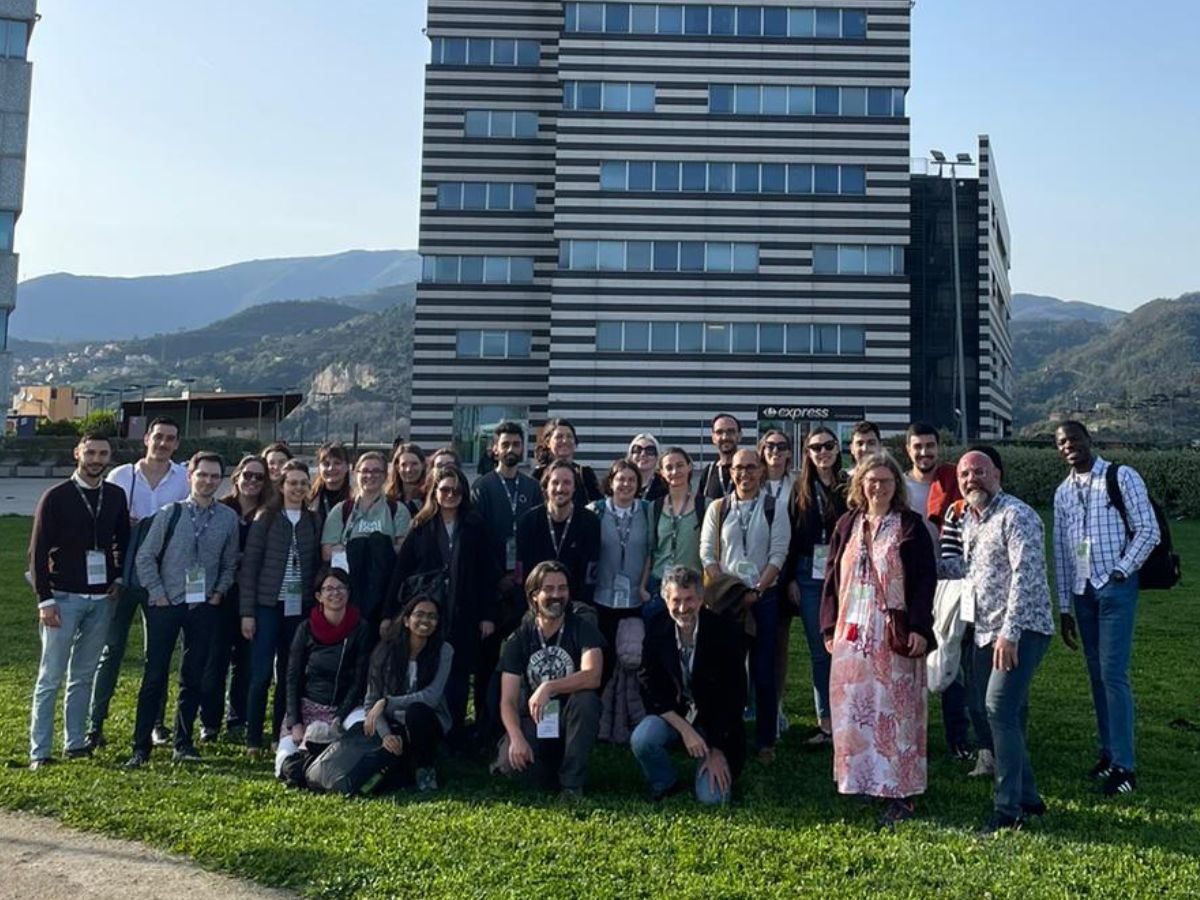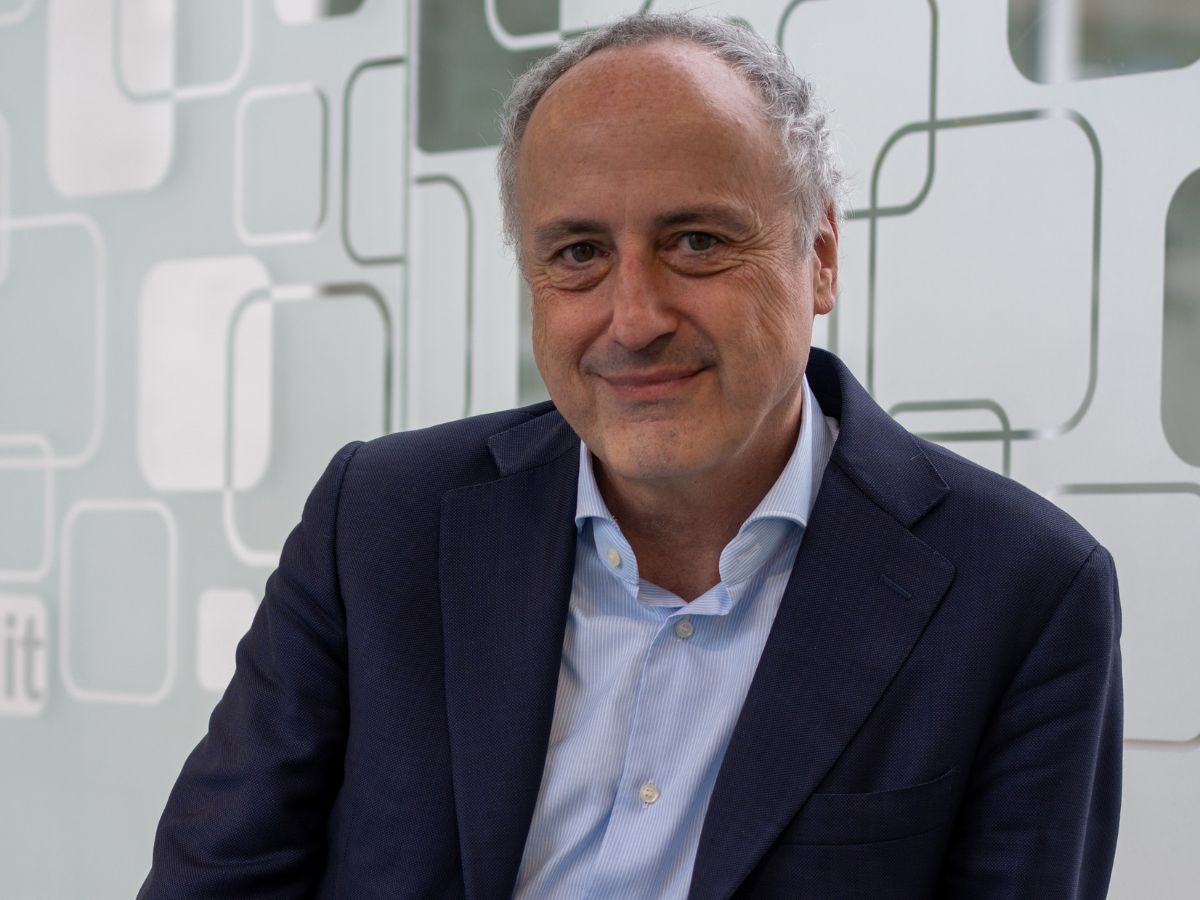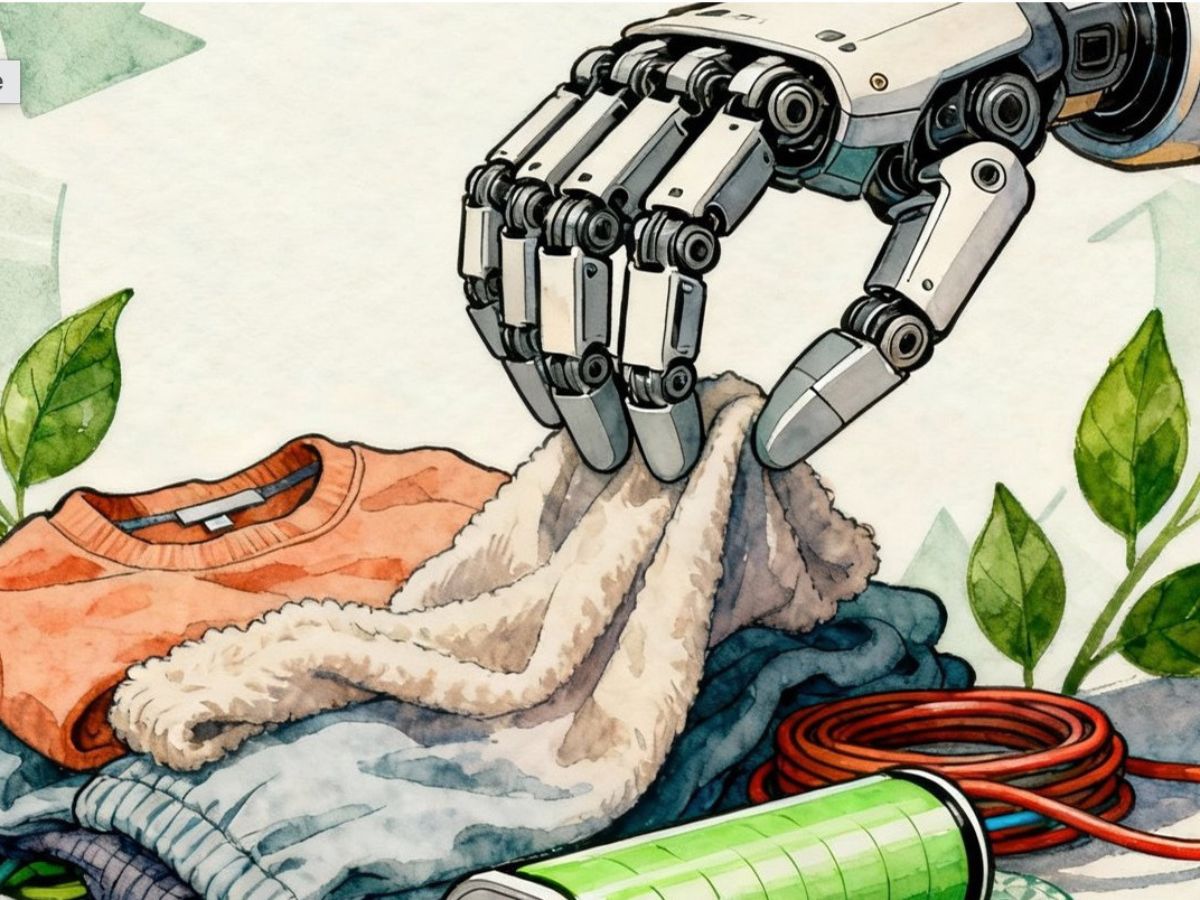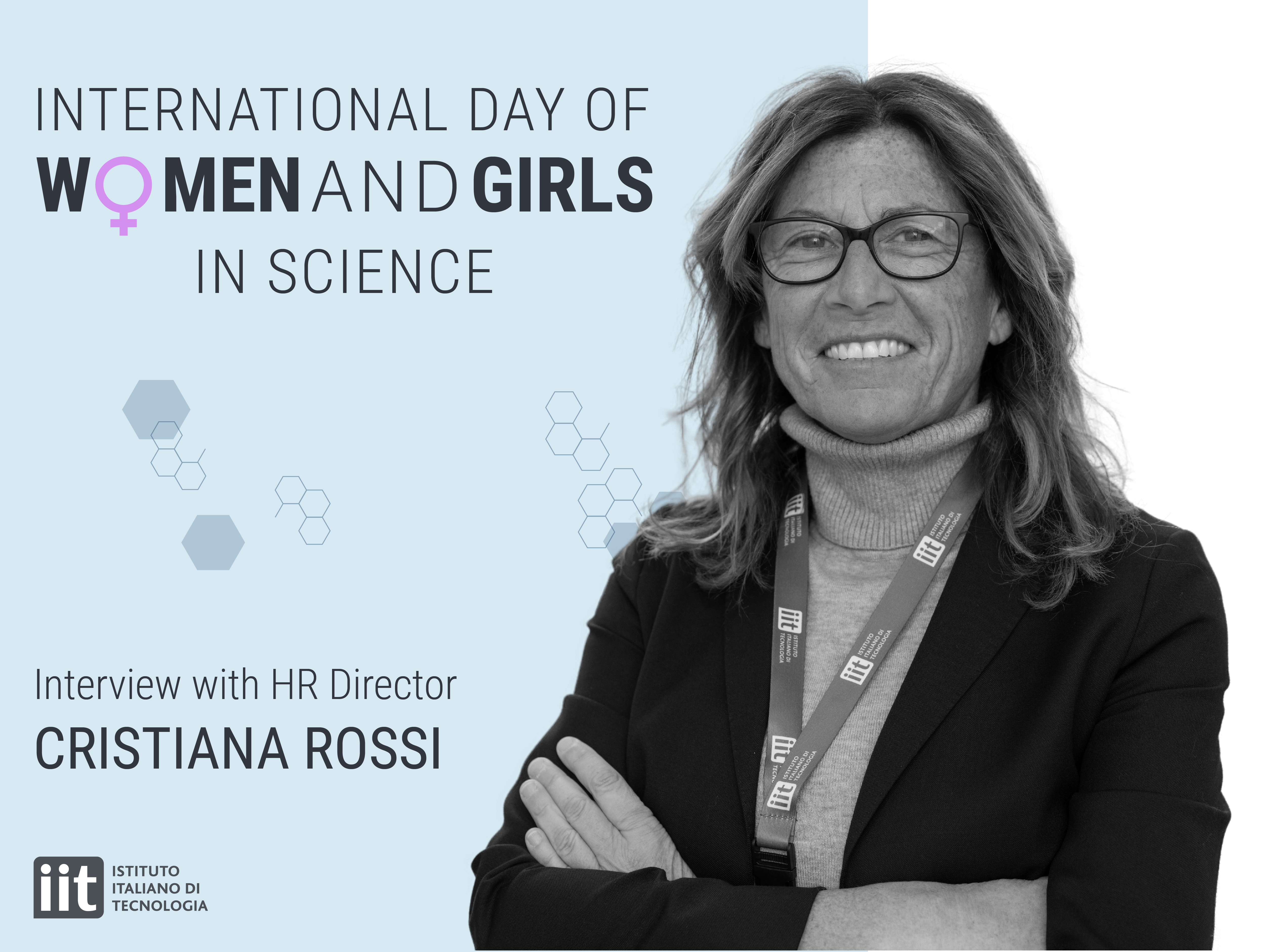In Genoa to learn the secrets of the iCLIP technique
Twenty young researchers from seventeen countries around the world, ranging from the distant New Zealand and India to the closer France and Germany, spent a week, from April 8th to 12th, in the laboratories of IIT in Genoa to learn the secrets of the iCLIP technique, a highly sophisticated method enabling the extraction of RNA from cells. IIT researchers are among the most experienced in this technique internationally, and the EMBO (European Molecular Biology Organization) has awarded funding for the organization of a training course, including practical exercises and theoretical lectures, involving five organizers and four international speakers.
The iCLIP technique is fundamental for the analysis and understanding of interactions that occur within cells between proteins and RNA molecules, dysfunctions that can be the cause of various pathologies, from neurological diseases such as amyotrophic lateral sclerosis to tumors. Extracting RNA from cells means having the opportunity to study these interactions with greater precision, mapping them out. At the IIT, this technique is particularly mastered by Elias Bechara, a researcher at the RNA Systems Biology Lab, the research unit that continues to unveil properties and possible applications of RNA, including through the creation of artificial RNA.
Gian Gaetano Tartaglia, Principal Investigator of the RNA Systems Biology laboratory and workshop coordinator, explains: “Proteins and RNA molecules interact with dynamics comparable to those between partners; if one of the two, in this case the protein, acts incorrectly, it can negatively influence the other, the RNA, just like a toxic partner”.
Tartaglia, along with Principal Investigator Francesco Nicassio at the IIT in Milan, coordinates the IIT’s Flagship project dedicated to understanding RNA biology and developing new RNA-based therapies.
“We are very proud that, thanks to this workshop, our expertise will be acquired by this group of international students and transferred to their universities and research centers, from the UK to Africa”, comments Tartaglia.
“It has been a meaningful experience for many people who came to Italy and, for the first time, to Genoa, at our institute. It’s an important step in leveraging our knowledge and expanding the community”, adds Elias Bechara.
Each student received a manual of about eighty pages, guiding them step by step through the application of the iCLIP technique, divided into eight stages, and providing them with reference literature. During the classroom sessions, they were able to attend seminars by international experts. Additionally, at the end of the day, the young researchers had the opportunity to visit the Genoa Aquarium and other parts of the city, which for many of them represented an additional new discovery.






